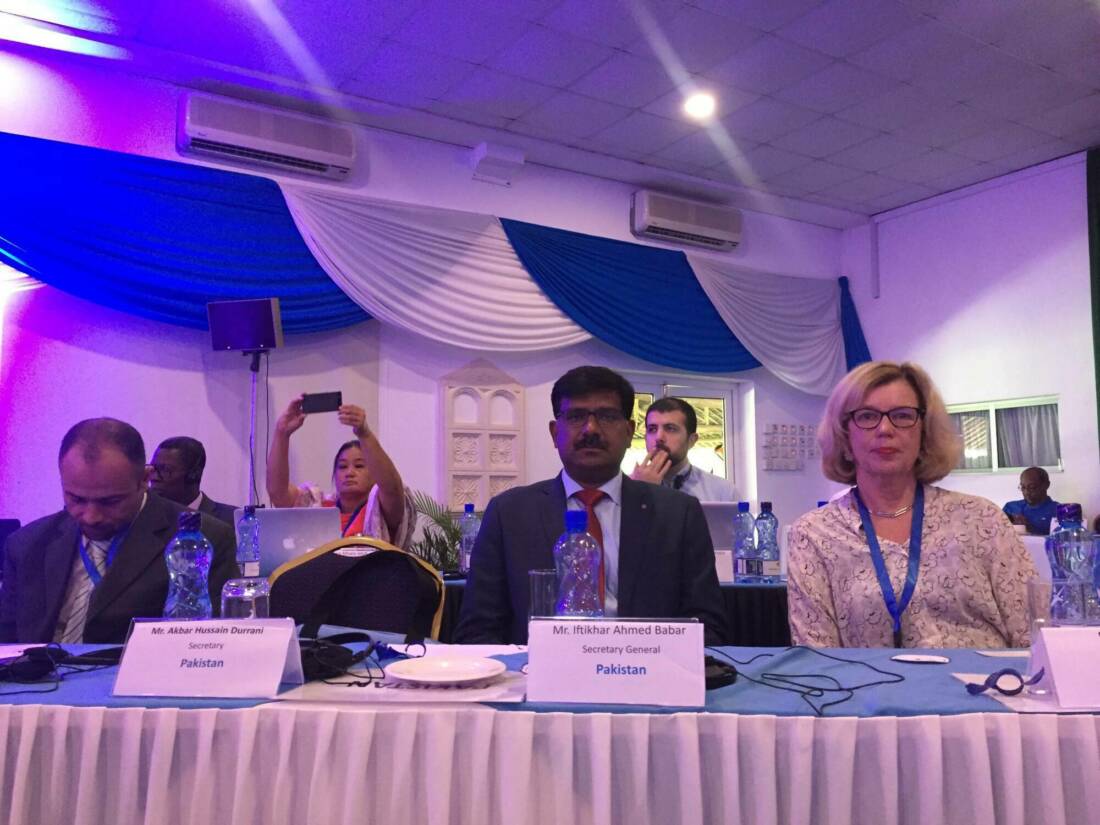National Commissions meeting in Kenya
‘More information sharing’ was one of the key takeaway messages from the fifth interregional meeting of National Commissions, held in Kenya this month.
Robyn Baker reports
New Zealand National Commission for UNESCO Chair Robyn Baker attended the meeting, which included representatives from over 100 countries. She reports that UNESCO is currently undertaking a comprehensive review of its programmes and operations.
“UNESCO is seeking to align its work even more strongly with the Sustainable Development Goals (SDGs) and Agenda 2030,” says Robyn. “In the context of this mission it wants its activities to be more relevant to the needs of the world today. The conference was an opportunity for National Commissions in member states to contribute to this review.”
The conference was an opportunity to give feedback, share promising national practices, and reinforce the many ways that national initiatives are contributing benefits locally, as well as to the overall UNESCO agenda.
“Delegates made it clear that if we are to achieve our goals for the SDGs the global effort needed to be less siloed and UNESCO needs to be more linked to the UN system as a whole. While the five areas of UNESCOs mandate – education, culture, science, social science, and communications and information – are all important, the big issues of today require cross-sectoral work where we can learn from each other and develop new ideas and new ways of working”.
“There was the hope that the organisation would have the courage to make tough decisions, reprioritising its efforts and stopping some work that was not so relevant today.”
Robyn says it was apparent that many national commissions have active in-country programmes and considerable expertise.
“Commissions and these valuable resources need to be utilised more strategically by UNESCO. National Commissions are the envoys and ambassadors of UNESCO, enabling the action of ‘a laboratory of ideas’. The challenge is how to capture these multiple voices across 201 countries.”
In addition to global conferences and regional events across the world, it was agreed that more strategic, agile and timely communication approaches were needed to connect to each other.
“This includes the distillation and more purposeful dissemination of important ideas from significant UNESCO reports, more sophisticated use of social media, and more sharing of ideas and expertise across the regional and international networks.”

